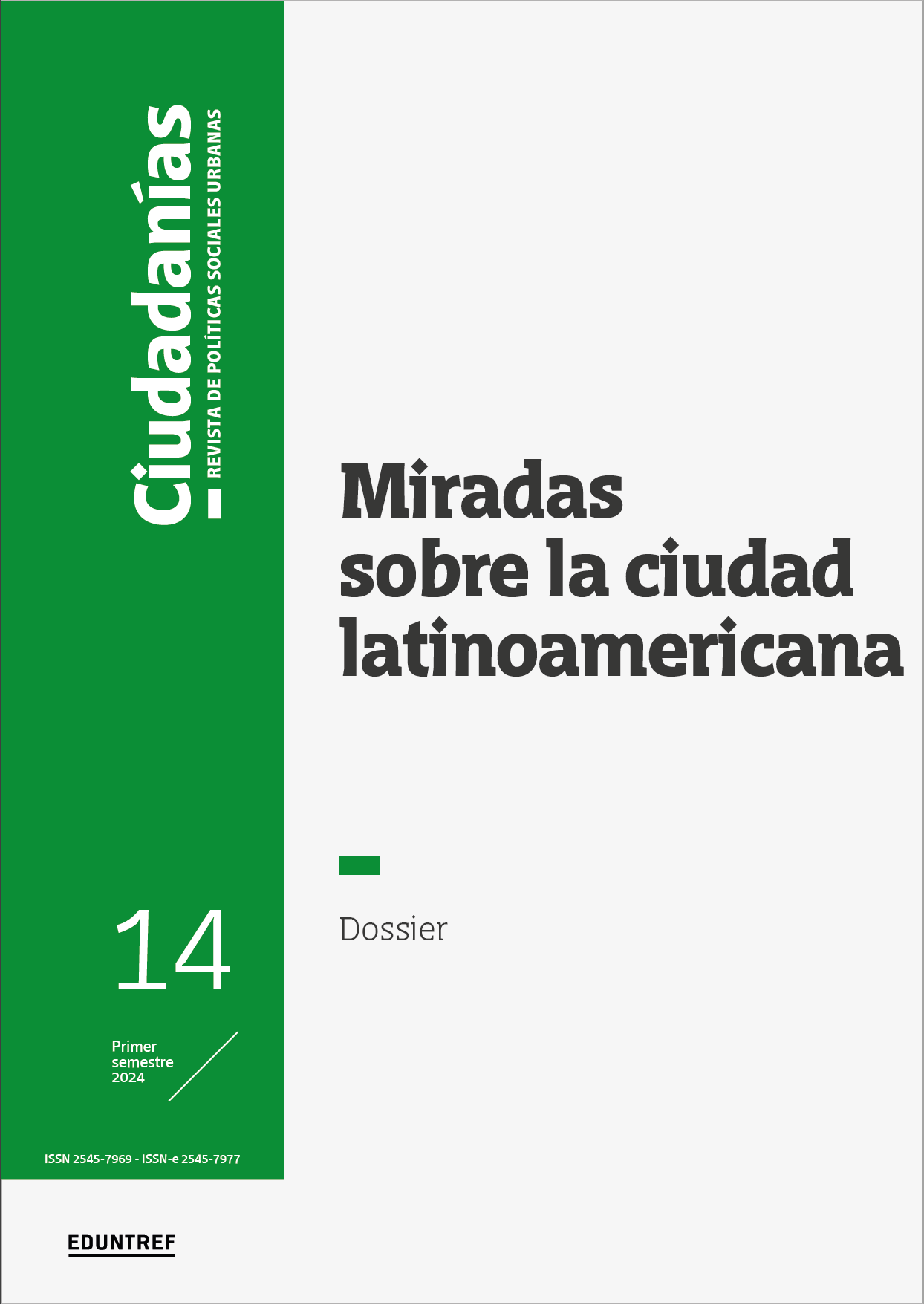Abstract
The link that the State establishes with urban spaces resulting from land takeovers is varied and has been extensively studied in Latin America. The policies that are carried out and the ways in which they are implemented have been one of the axes of analysis, although, in general, work has been done on the effects of these policies on neighborhoods and neighborhood organizations. This article is part of a long-term research, carried out for a doctoral thesis. In this paper we propose to characterize and analyze the modes of state intervention deployed on informal settlements formed during the last oil boom (2003-2013) in the city of Comodoro Rivadavia. From an ethnographic approach, our intention is to account for state action as a complex process that is configured in the interaction between national policies, the modes of intervention of provincial and/or local governments and the social imaginaries that support the institutions

